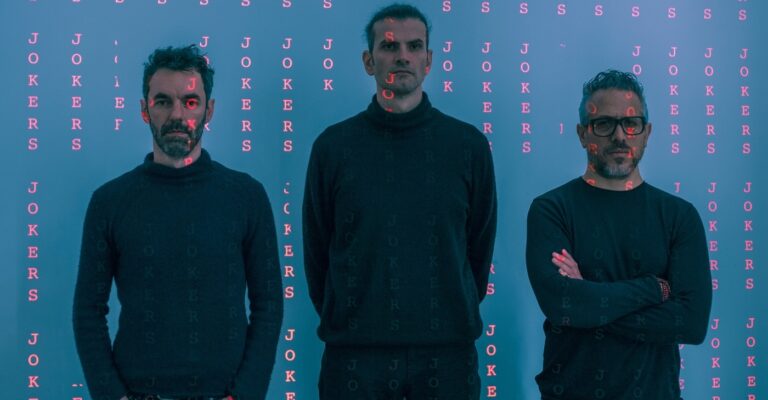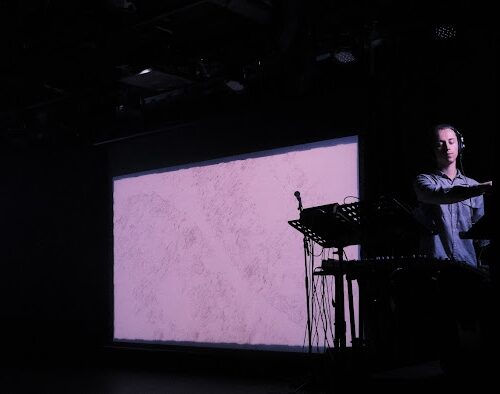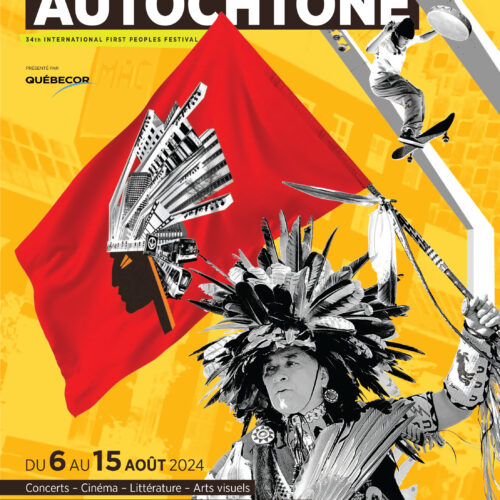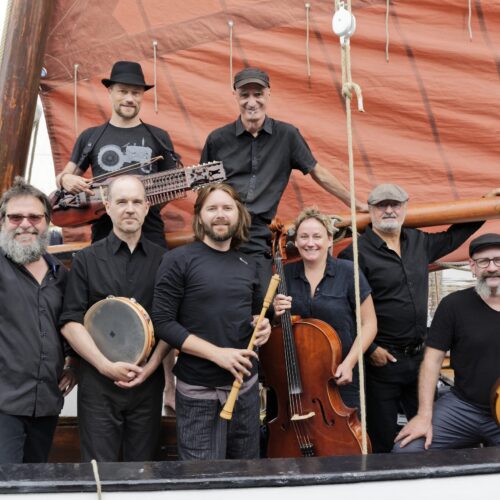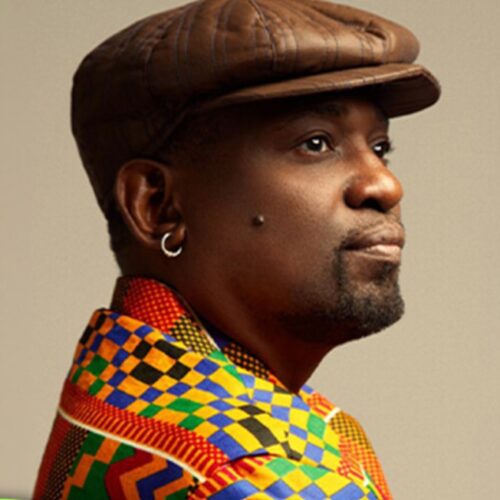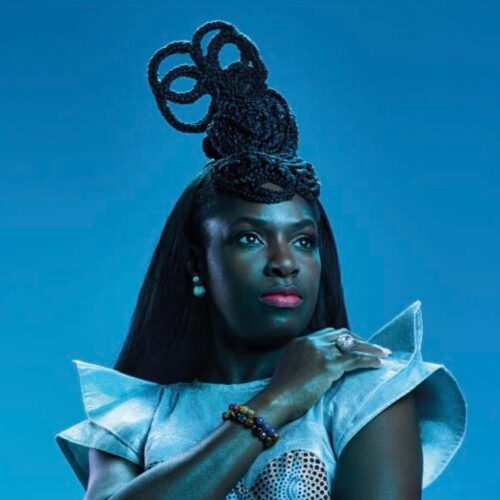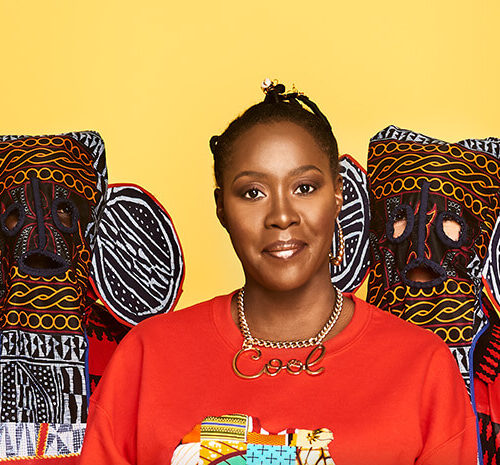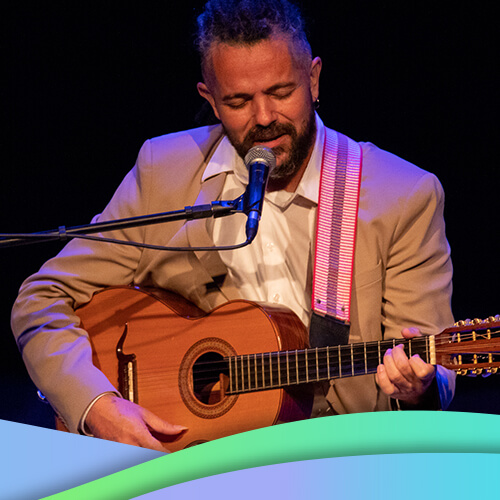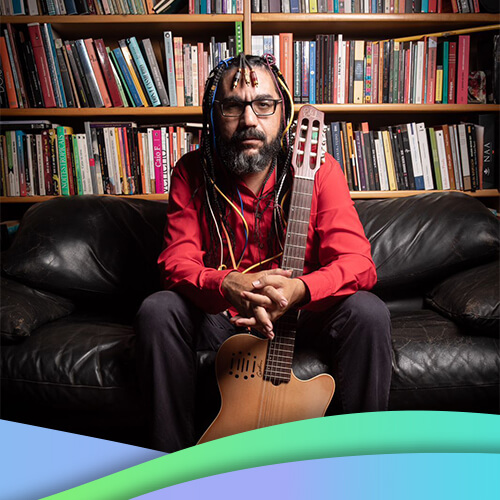Additional Information
Vincent Peirani from Nice learned the accordion without wanting to: his father put this strange music box in his hands and didn’t really leave him any other choice. He began by complaining, saying that it was an instrument “for old people”, but nothing helped. And then, miraculously, he started to like it. And playing classical music at that! He won prizes, finished his very solid studies with flying colours, and then took up jazz, thanks to which he now has a reputation that borders on the cult. No musical style is foreign to him as a music lover and, wonderfully, he allows this open-mindedness to blossom in his music. In addition to classical and jazz, he also plays the accordion with flamenco, metal, hip hop, avant-garde, electro and more.
He is at the Montreal International Jazz Festival on July 4 for two sets in the Quartier des spectacles. He’s coming to present his latest album, Jokers, which is in many ways a turning point in his career. He gave us an interview to talk about it.
Pan M 360: when we read reviews of your albums or concerts, we often see comments like “it’s accordion, but it’s much better than what you think!’’ Is it tiring to hear these denigrating comments about the accordion?
Vincent Peirani : Well, no. You know, I had the same prejudices myself! When my father imposed this thing on me, I had a lot of bad images in my head! It’s old-fashioned, it’s for old people… But I’m happy when people “discover” it thanks to what I do. The surprise is even more pleasant.
Pan M 360: You incorporate the accordion into almost every imaginable style. No kidding, is there any musical genre that your instrument could hardly be linked to?
Vincent Peirani: Honestly, that’s not my mindset. I’m willing to try anything. As long as you can play, you can find a way to express interesting things. Being a musician is a job. It’s our job to find expressive and original ways of passing. Well, it’s true that some genres are more demanding to fit in, but that’s rare.
Pan M 360: For example?
Vincent Peirani: Hip hop. I listen to tons of it, I read about its history, its culture, but I had a lot of difficulty finding the right way to integrate my music and my playing into this universe. I had a rollercoaster ride of emotions when I got into it. Sometimes I felt like I had it, other times I thought there was no point in trying. But the guys I played with would say, “That’s really good,” but I was never happy. Every time I felt I was getting closer, the goal seemed to be getting further away! I have to say that I am very demanding with myself. But now I think I’ve managed to do it. I’m very happy and it’s part of my influences now.
Pan M 360: And yet your classical studies did not prepare you for such eclecticism. When you switched to jazz, did you find it difficult to separate yourself from the score?
Vincent Peirani: Not really. When you play the accordion, at least when you start, you have to play for popular balls and village dances. It’s almost an obligation. My father used to tell me: music is for dancing. I played a lot of things, popular songs, traditional pieces and all that. Through that, I learned to make variations, to ornament the themes, to turn around a bit. Then, when I joined jazz classes, I had to learn the codes, the language, but let’s say that from then on, it was a learning process like any other. The reflexes, I had already developed them in a way.
Pan M 360: You said elsewhere that the hard learning, as you received it, made it difficult for you to play “for fun”. What traces does this still leave in you and in your music?
Vincent Peirani: It’s funny that you should ask me this question because Jokers is an important marker in this respect. When we started meeting as a trio with Federico (Casagrande, on guitar) and Ziv (Ravitz, on drums), there was a clash of visions between them and me. Both of them were precisely performing in the notion of pleasure, of letting go, of relaxed improvisation. I was into control and the absolute preciseness of what was coming. After concerts, I used to say: guys, we said we would do it like this…. Yes, but that was Monday, now it’s Wednesday, they would answer me. Ok, but I had set things up, I had understood, now it’s not the same thing! They would still say: ah yes, but we did it differently, that’s all. Wasn’t it good? Well, yes, it was, but that’s not what we had planned. Oh, and that’s bad? Uh, no…. Then I started thinking, you know. And I changed. They did me a lot of good, those guys. I’m still preparing myself a lot, that’s for sure, and that’s good, but I’m much more in the moment when I step on stage. When we’re playing live, it’s the music of the moment that will be created, depending on the audience, the place, the emotions. I trust them and they trust me. That’s all. I’m much less stressed, and I’m having more and more fun! It eats away at your brain, the stress and the desire to control everything you know.
Pan M 360: Jokers is your first trio album, a format that has scared you for a long time, because of its powerful historical charge. What does it change for you to have successfully tackled it now?
Vincent Peirani: Oh, there’s a before Jokers and an after Jokers, for sure. Partly for the reasons mentioned earlier, but also because the spark that ignited this project was basically improvised. Me and my mates had a repertoire in this trio. Compositions, standards, etc. It was quite jazz, let’s say more traditional. Then, before going into the studio, I told the guys: we’re going to do something else! What? Are you crazy? No, no, it’s OK, we’ll do it like that. I’ve got a different kind of repertoire, more rock, but we’ll do it. And then, we found ourselves in the studio, without having had time to rehearse these pieces beforehand. We’d have a few minutes before the show, I’d explain the idea to them, we’d work on it for a while, then we’d record it! There’s a fragility in all this, but fragility is good. It forces you to be on the edge of your seat. And then, this repertoire is basically the soundtrack of my childhood. That’s what I wanted to play when I was young! Marilyn Manson, Nine Inch Nails, etc. Now it’ll never leave me. I’m much more relaxed now than before. I had to make this leap. Besides, I found my way to “tame” the trio : Federico’s guitar can also go in the bass zone. And on top of that, I add some electro effects here and there, some clarinet, etc. It’s a trio, but a bit augmented, let’s say.
Pan M 360: It’s a very nuanced album though. It’s not plastered ‘’hard rock’’ from one side to the other. There are several changes of atmosphere, some ballads that are almost impressionistic ….
Vincent Peirani : Yes. An album is like a book. Each piece is a chapter. We tell a story. But we are not always in the action, or in the suspense, or in the psychological melting pot. A good story must vary the emotional effects and the rhythms.
Pan M 360: How did you choose the covers (there are also some of your compositions on the album)?
Vincent Peirani: I have a notebook, in which I put a lot of titles of pieces that I like. I listen to tons of music. I spend evenings and nights listening to lots of stuff. And when something strikes me, I take note of it. And I put the piece in my phone. When it’s time to think about a new album, I put on my playlist,on random, and then I get caught by pieces that say: yes, this would be good like this, and this like that. It’s mostly intuitive and emotional.
Vincent was pleased to make two recommendations for those who would like to explore the most amazing new generation of accordionists:
Charles Kieny, and his band CKRAFT (trash metal with accordion):
Joao Barradas, fantastic classical accordionist. A rising star:
